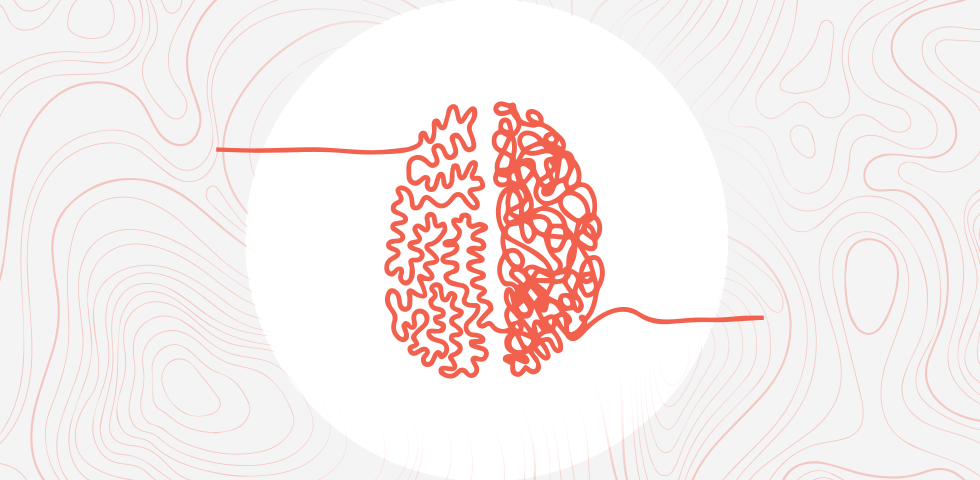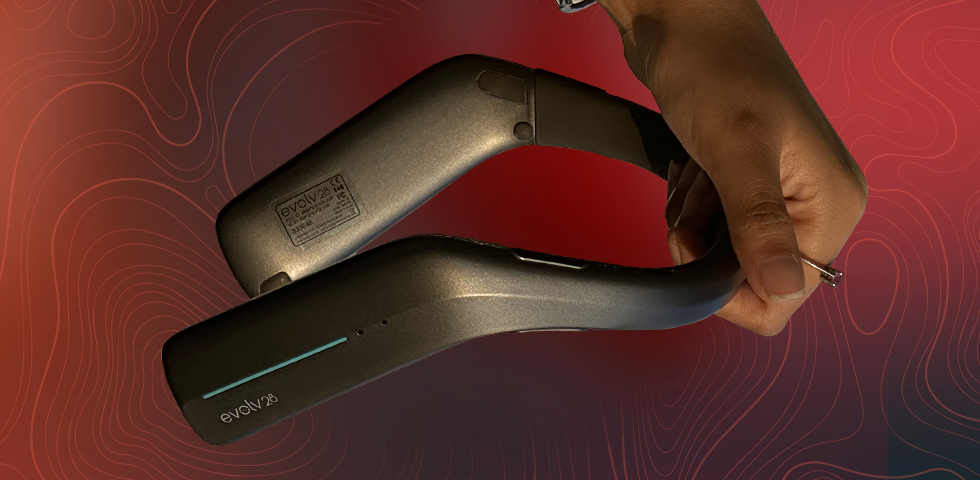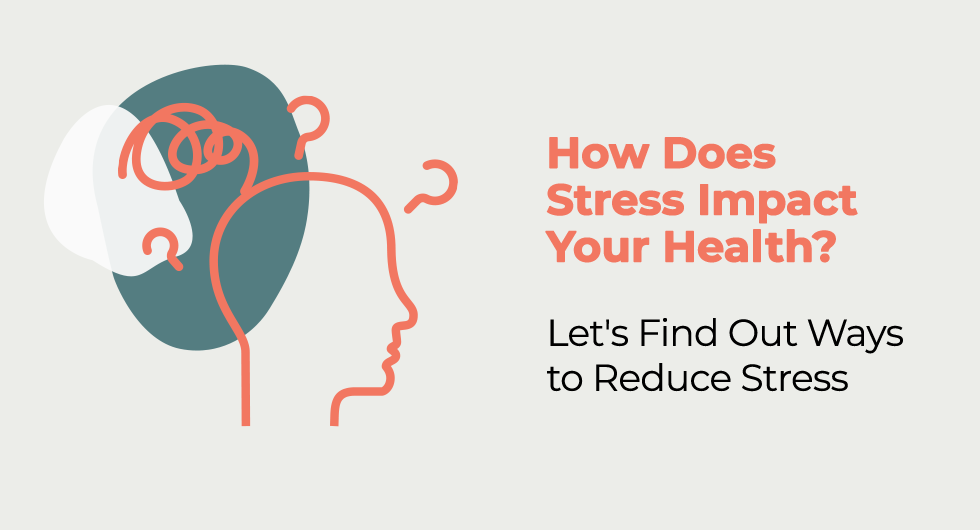“What is stress?” This is the most common question for all those who have experienced concerns about stress impacting their health.
In simple terms, Stress is a common experience in modern life. Stress is often unavoidable in our daily routine, from work deadlines to personal responsibilities.
But what is stress, and how does it impact our health?
In this article, we’ll learn more about “stress”, explore its impact on the brain and body, and understand the difference between acute and chronic stress.
What is Stress?

Stress is your body’s natural response to any demand or threat. When you perceive a challenge or danger, your body goes into “fight or flight” mode, releasing hormones like adrenaline and cortisol to prepare you to either face or flee the threat. This reaction is crucial for survival; it’s what helped our ancestors escape predators.
However, in today’s world, stressors are more psychological than physical. They come from work pressure, financial problems, relationship issues, or traffic jams. When stress is occasional and short-lived, it can be beneficial, sharpening your focus and enhancing your performance. But when stress becomes chronic, it can take a toll on your health.
Now that we have understood “what is Stress”, let’s understand the types of Stress in this section.
What are Some Types of Stress?
Stress comes in many forms, and understanding the different types can help you manage it more effectively. Broadly, stress can be categorised into three main types: acute stress, episodic acute stress, and chronic stress. Each type has its characteristics and effects on the body and mind.
Acute Stress
Acute stress is the most common type of stress. It’s the body’s immediate reaction to a new and challenging situation. This type of stress is short-term and can be beneficial in small doses. It helps you to react quickly to danger and can enhance your performance in high-pressure situations.
Examples of Acute Stress:
- Preparing for a presentation
- Being stuck in a traffic jam
- Facing a sudden work deadline
- Taking an exam
Chronic Stress
Chronic stress is long-term and results from ongoing issues that don’t seem to go away. This type of stress can arise from persistent life challenges such as financial problems, an unhappy marriage, or a toxic work environment. Chronic stress can wear you down day after day and lead to severe health problems if not appropriately managed.
Examples of Chronic Stress:
- Living in financial distress or hardship
- Enduring a long-term illness
- Experiencing ongoing relationship problems
- Working in a highly stressful job
Episodic Acute Stress
Episodic acute stress occurs when someone frequently experiences acute stress. People who suffer from episodic acute stress often live in a constant state of tension and worry. They may be overly anxious, irritable, and prone to mood swings. This type of stress can negatively impact relationships and daily functioning.
Examples of Episodic Acute Stress:
- Consistently facing tight deadlines at work
- Perpetually being late or rushing from one place to another
- Taking on too many responsibilities at once
Understanding the types of stress is very crucial for the type of solution you are looking for.
How Does Chronic Stress Affect Your Brain?
Unlike short-term stress, chronic stress persists over a long period and can significantly affect the brain’s structure and function. Understanding these impacts is crucial for recognising the importance of managing stress effectively.
Memory and Learning:
One of the most significant effects of chronic stress on the brain is its impact on memory and learning. High cortisol levels over extended periods can shrink the hippocampus, a brain region crucial for memory formation and learning.
This size reduction can impair cognitive functions, making it harder to form and retrieve new memories.
Mood Disorders:
Prolonged stress is closely linked to the development of mood disorders such as depression and anxiety. Chronic exposure to stress hormones can lead to neurotransmitter imbalances, the brain chemicals responsible for mood regulation.
This imbalance can manifest as persistent feelings of sadness and anxiety and even lead to conditions such as major depressive disorder.
Brain Structure Changes:
Chronic stress can result in structural changes in the brain. The prefrontal cortex, responsible for decision-making, executive function, and social behaviour, can become less active and shrink in volume.
Conversely, the amygdala, which regulates emotions such as fear and anxiety, can become hyperactive and enlarged. These changes can alter emotional regulation, making individuals more susceptible to anxiety and fear responses.
What Does Cortisol Do?
Cortisol is a steroid hormone that plays a vital role in various bodily functions. Produced by the adrenal glands, cortisol is often called the “stress hormone” due to its involvement in the body’s response to stress. However, cortisol’s functions extend far beyond this, influencing many aspects of health and well-being.
Immune Response:
Cortisol modulates the immune response, acting as an anti-inflammatory agent. In times of stress, cortisol can help suppress inflammation and prevent the immune system from overreacting. This function protects the body from autoimmune reactions, where the immune system might otherwise attack healthy tissues.
Blood Sugar Levels:
Another critical function of cortisol is maintaining steady blood sugar levels. Cortisol promotes gluconeogenesis, producing glucose from non-carbohydrate sources in the liver. This process ensures that the body has a steady supply of glucose, especially during fasting or intense physical activity, thereby preventing hypoglycaemia.
Stress Response:
Cortisol’s most well-known function is its role in the stress response. When you encounter a stressful situation, cortisol levels increase, providing the body with the energy needed to handle the stressor. This hormone works alongside adrenaline to prepare the body for the “fight-or-flight” response by increasing heart rate, blood pressure, and energy supplies.
What is the Difference Between Acute Stress and Chronic Stress?
These are 2 common types of stress we covered in detail above. Understanding the differences between acute and chronic stress is crucial for managing stress effectively.
Duration and Intensity
- Acute Stress: Short-lived, often intense, and subsides quickly. Examples include narrowly avoiding an accident or meeting a tight deadline.
- Chronic Stress: Persistent, often less intense, but sustained over extended periods. Examples include ongoing work pressure or a long-term relationship conflict.
Effects on the Body
- Acute Stress: It Can be beneficial, enhancing performance and alertness. However, frequent episodes can damage physical health.
- Chronic Stress: It Can lead to serious health issues, including cardiovascular disease, diabetes, and mental health disorders.
What are Some Symptoms of Chronic Stress?
Recognising the symptoms of chronic stress is crucial for managing stress effectively and preventing long-term health issues.
Persistent Fatigue:
One of the most common symptoms of chronic stress is persistent fatigue. Unlike normal tiredness, which can be relieved by rest, fatigue associated with chronic stress is ongoing and can leave you feeling exhausted despite adequate sleep. This relentless tiredness can interfere with daily activities and reduce overall productivity.
Insomnia or Sleep Disturbances:
Chronic stress often disrupts sleep patterns, leading to insomnia or other sleep disturbances. This lack of quality sleep can exacerbate fatigue and contribute to a cycle of stress and poor sleep.
Digestive Problems:
Stress affects the digestive system, leading to various gastrointestinal issues. Chronic stress can cause symptoms such as:
- Stomach aches or cramps: Persistent discomfort or pain in the abdomen.
- Irritable Bowel Syndrome (IBS): Conditions like IBS can be triggered or worsened by stress, causing symptoms like bloating, diarrhoea, or constipation.
- Loss of appetite or overeating: Stress can alter eating habits, leading to a significant loss of appetite or increased comfort eating, resulting in weight changes.
Emotional Disturbances:
Emotional symptoms are a hallmark of chronic stress. These can include:
- Anxiety: Persistent worry or fear, often about things that would not typically cause such intense reactions.
- Depression: Feelings of sadness, hopelessness, and a lack of interest or pleasure in activities once enjoyed.
- Irritability and anger: Increased sensitivity to frustration, leading to frequent bouts of anger or irritability.
Cognitive Impairments:
Chronic stress can also affect cognitive functions, leading to problems with:
- Concentration and attention: Difficulty focusing on tasks, staying organised, or making decisions.
- Memory: Forgetfulness or difficulty recalling information, particularly short-term memory.
- Mental clarity: A general sense of mental fog or confusion, making it hard to think clearly or process information effectively.
How Does the Evolv28 Device manage stress?

- Ultra-Low Magnetic Fields: The device emits ultra-low magnetic fields, specifically less than 10 milligauss. These fields interact gently with the brain’s natural rhythms, promoting a calming effect without the risks associated with higher magnetic field exposure.
- Science-Backed Technology: Evolv28 uses Variable Complex weak Magnetic Fields (VCMF) technology, a patented and scientifically validated method to enhance brain function and reduce stress safely and effectively.
- Safe and Certified: The device meets various safety standards (CE, FCC, ISED, SAR, and WPC) pertaining to Europe, the US, Canada, and India, providing peace of mind regarding its daily use.
What’s more Evolv28 offers for Stress management?
- Non-Invasive Brainwave Harmonisation: Evolv28 uses ultra-low magnetic waves to gently harmonise brainwaves, promoting mental wellness without requiring invasive procedures.
- Convenient Multitasking: Users can wear Evolv28 while doing daily activities without dedicating separate time, making incorporating stress relief into a busy schedule easier.
- Quiet Operation: The device operates silently, even while you are engrossed in other activities, creating an environment that is conducive to stress reduction.
- Extended Battery Life: With up to 60 hours of playtime and 10 days of standby, Evolv28 ensures consistent support for stress management without frequent recharging.
Conclusion
In a world where stress and anxiety are becoming increasingly prevalent, Evolv28 stands out as a revolutionary solution for mind wellness. Evolv28 seamlessly integrates into your daily life, offering a convenient and effective stress management method.
Clinically proven to improve sleep, mood, and concentration, this innovative device is a trusted companion for those seeking to improve their mental health and achieve a balanced, peaceful state of mind.
Don’t let stress control your life. With Evolv28, you can take the first step towards a calmer, more balanced you. Order now and experience the transformative power of mind wellness technology.
